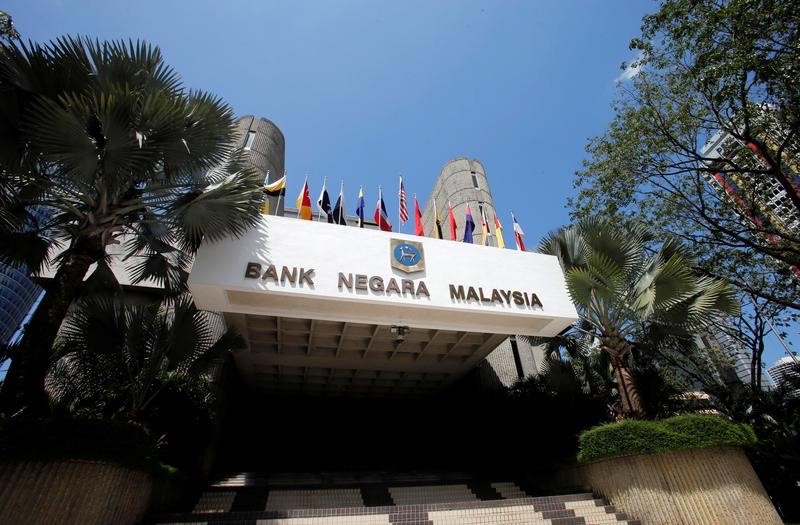KUALA LUMPUR, May 31 — All banks remained well-capitalised to withstand potential shocks and to continue supporting credit flows to the economy, Bank Negara Malaysia (BNM) said.
The central bank said banks’ excess capital buffers amounted to RM124.2 billion as at April 2021.
The banking system’s asset quality also remained sound, it said in its Monthly Highlights—April 2021 report released today.
“Overall gross and net impaired loans ratios were sustained at 1.6 per cent and 1.0 per cent, as impairments moderated slightly during the month.
“However, banks continued to set aside additional provisions against potential credit losses, which currently stand at 1.7 per cent of total banking system loans,” BNM said.
In terms of net financing, the central bank said it expanded by 4.9 per cent in April, reflecting the increase in outstanding corporate bond growth which stood at 7.7 per cent versus 5.9 per cent in March, while outstanding loan growth was sustained at 3.9 per cent for both March and April.
“Outstanding household loan growth increased to 6.2 per cent (March: 5.7 per cent) as loan disbursements grew at a higher pace compared to loan repayments across most purposes.
“For businesses, outstanding loan growth moderated to 0.4 per cent (March: 1.1 per cent), mainly reflecting lower growth in loans for working capital purpose,” it said.
According to the central bank, domestic financial market conditions improved in April amid a confluence of external and domestic factors.
Domestic bond yields moderated amid positive investor sentiments driven by Malaysia’s retention in the FTSE Russell World Government Bond Index and the decline in longer-term sovereign bond yields in most advanced economies after the sharp increase earlier in the year.
“Specifically, the 10-year Malaysian Government Securities yield declined by 12.2 basis points during the month.
“The ringgit appreciated by 1.3 per cent against the US dollar supported by portfolio inflows to the domestic bond market and broad weakening in the US dollar.
“The FBM KLCI increased by 1.8 per cent, supported mainly by the healthcare sector amid concerns surrounding the global and domestic resurgence of Covid-19 cases,” it said.
BNM said headline inflation rose to 4.7 per cent in April versus 1.7 per cent in March due to higher domestic fuel prices.
“Headline inflation is expected to temporarily spike in the second quarter, and moderate thereafter as the base effect subsides.
“Underlying inflation, as measured by core inflation, remained stable at 0.7 per cent,” it said.
BNM said exports expanded further by 31.0 per cent in March versus 17.6 per cent in February, driven primarily by robust manufactured exports.
By destination, the expansion was supported by exports to China, the United States and Singapore.
“Looking ahead, exports are expected to be supported by the rebound in global growth, continued demand for electronics exports and higher commodity prices.
“Nonetheless, the trade outlook remains contingent on the path of the Covid-19 pandemic,” it added. — Bernama






















